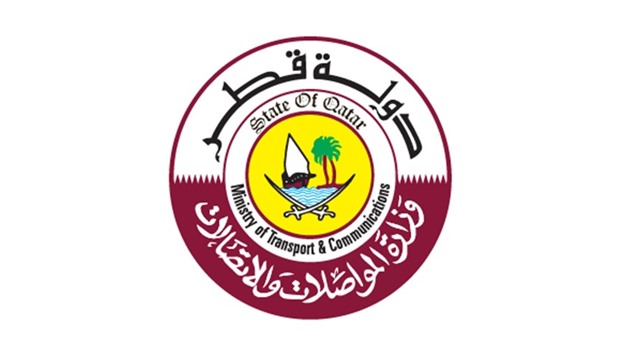*Country's software market expected to hit QR1.6bn by 2021, says Oxford Business Group citing figures from Ministry of Transport and Communications
Qatar’s shift towards a knowledge-based economy will have a positive impact on the country’s software market, which is expected to hit QR1.6bn by 2021.
Of this, the IT services sector share will be QR1bn and the IT infrastructure market in excess of QR800mn, Oxford Business Group (OBG) said citing the Ministry of Transport and Communications.
Previously, HE the Minister of Transport and Communications Jassim Seif Ahmed al-Sulaiti had said Qatar’s ICT sector was estimated to grow by 3.2% a year to $4.4bn in 2021.
Qatar is heavily investing in 5G technology and once established, it will allow peak Internet connection speed to reach 1 Gbps, create higher communication capacity and allow for an increase in the number of mobile broadband users.
The deployment of advanced technology runs alongside the Qatar National Vision 2030 (QNV 2030), the country’s development plan to diversify the economy and reduce dependency on hydrocarbons.
The Qatar e-Government 2020 Strategy, launched some six years ago, aims to enhance service performance, create efficiency and increase openness. It targets 100% of government services online by this year and an increase by 20% per year of the number of users participating in government forums, Oxford Business Group said in its ‘The Report: Qatar 2019’.
Hukoomi, an e-government portal, was launched to make information and services more accessible and in the first nine months of 2018 the website was accessed by 1.8mn users, it said.
The number of users increased consistently, reflecting a growing number of residents using the portal, which contains over 1,400 services and more than 650 online services.
Qatari individuals and businesses are both set to benefit significantly from the rollout of 5G services as enhanced connectivity and faster download times boost data services performance, OBG said.
The government will be looking to be able to leverage new technology and incorporate it into various smart systems and networks that are being rolled out across new urban developments.
Moving forwards, OBG said, the authorities will continue to provide an effective regulatory framework for the sector while fostering a climate in which both businesses and entrepreneurs can harness the potential of emerging technology and capitalise on the new opportunities it creates.
The Ministry of Transport and Communications (MoTC) is responsible for formulating policies for the telecommunications sector, in addition to issuing trading licences, enhancing the efficiency of ICT infrastructure, developing next-generation services and increasing public awareness of ICT tools.
Other government departments have functions pertinent to the ICT sector, including the Communications Regulatory Authority (CRA). The CRA is the telecoms regulator, issuing and renewing licences to telecommunications companies.
The CRA was founded in 2014 as an independent body to replace the Supreme Council of Information and Communications Technology. The agency manages postal services, spectrum, number and domain names, consumer protection, quality inspection, and dispute resolution between customers and providers.


